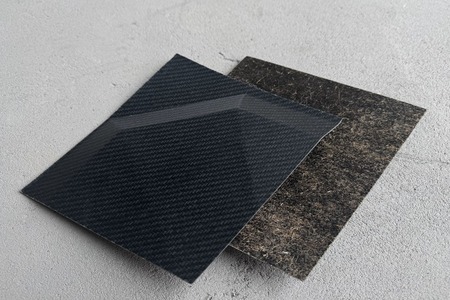
Textiles industry seeks measures to keep cotton prices stable
YarnsandFibers News Bureau 2016-07-29 12:00:00 – CoimbatoreThe textile industry of Southern India in the last two months due to rise in cotton prices is having an impact on the competitiveness of the entire textile value chain. They have appealed to the Textile Minister Smriti Irani to introduce a system that will bring stability to cotton prices to which the Textile Minister has asked for a proposal, which the textile industry will send it shortly.
Southern India Mills’ Association (SIMA) chairman M. Senthil Kumar said that the mills want the Indian cotton prices to be on a par with international prices throughout the year. The prices should be stable. When the prices increase suddenly, the entire value chain is affected for about four months in a year.
The SIMA also sought extension of the special package (for Rs. 6,000 crore), which was announced for the garment sector, to the made-ups segment.
Also since the disparity in cotton and yarn prices is bringing down the profitability of mills, the Government should give incentive such as interest subvention for yarn exports.
As the spinning capacity in the country has increased over the years, the hank yarn obligation for each mill should be reduced from 40 percent to 20 percent.
The South India Spinners’ Association had appealed to the Minister that Cotton Corporation of India, which purchases cotton at minimum support price, should sell the cotton only to small and medium-scale textile mills.
According to Prabhu Damodaran, secretary of Indian Texpreneurs Federation, one of the main factors that will help textile mills take the right decision on raw material purchase is accurate data on cotton.
All the data available now is based on inputs from different sources.
Hence, handy meters should be attached to ginning machinery that will register the data on the cotton pressed. This can be compiled by the Textile Commissioner’s office and released to the industry at regular intervals.
Similarly, efforts should be taken to have satellite data on cotton production. The Cotton Corporation should purchase 30 percent to 35 percent of the cotton produced in the country and sell it to the mills regularly. This will bring down speculation in the market..
Market Intelligence
Ask for free sample Report

experience
Customer Base
dedicated team
Countries Served Worldwide









